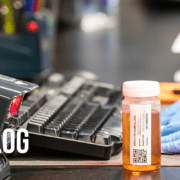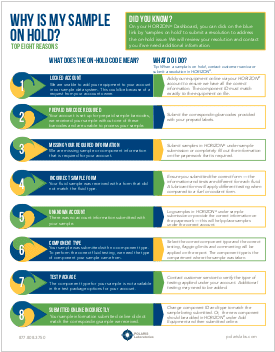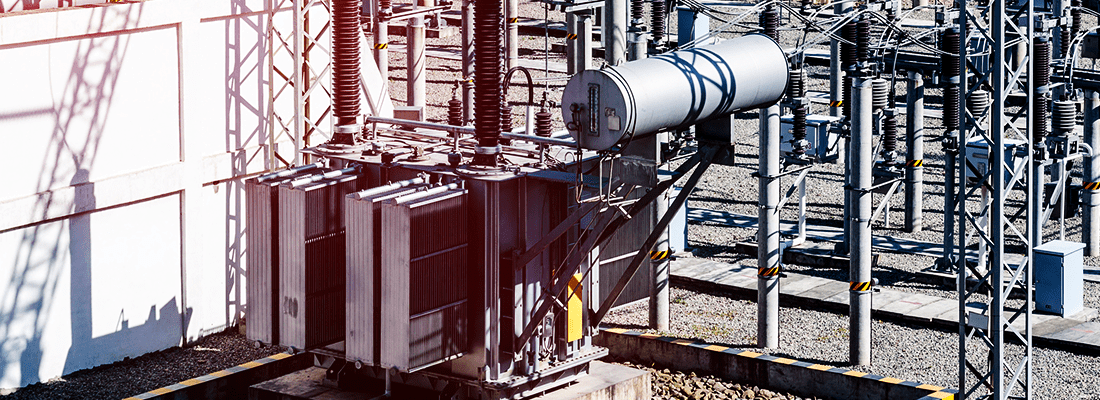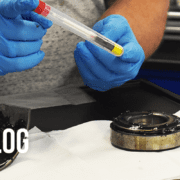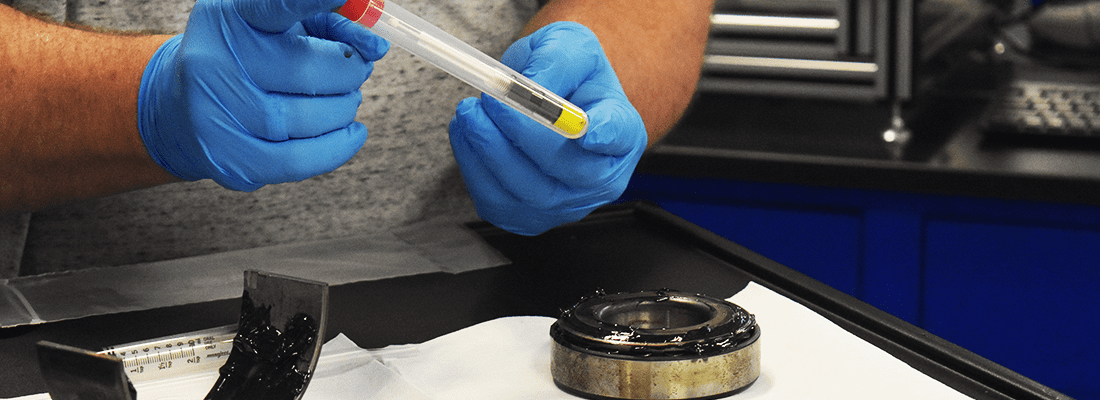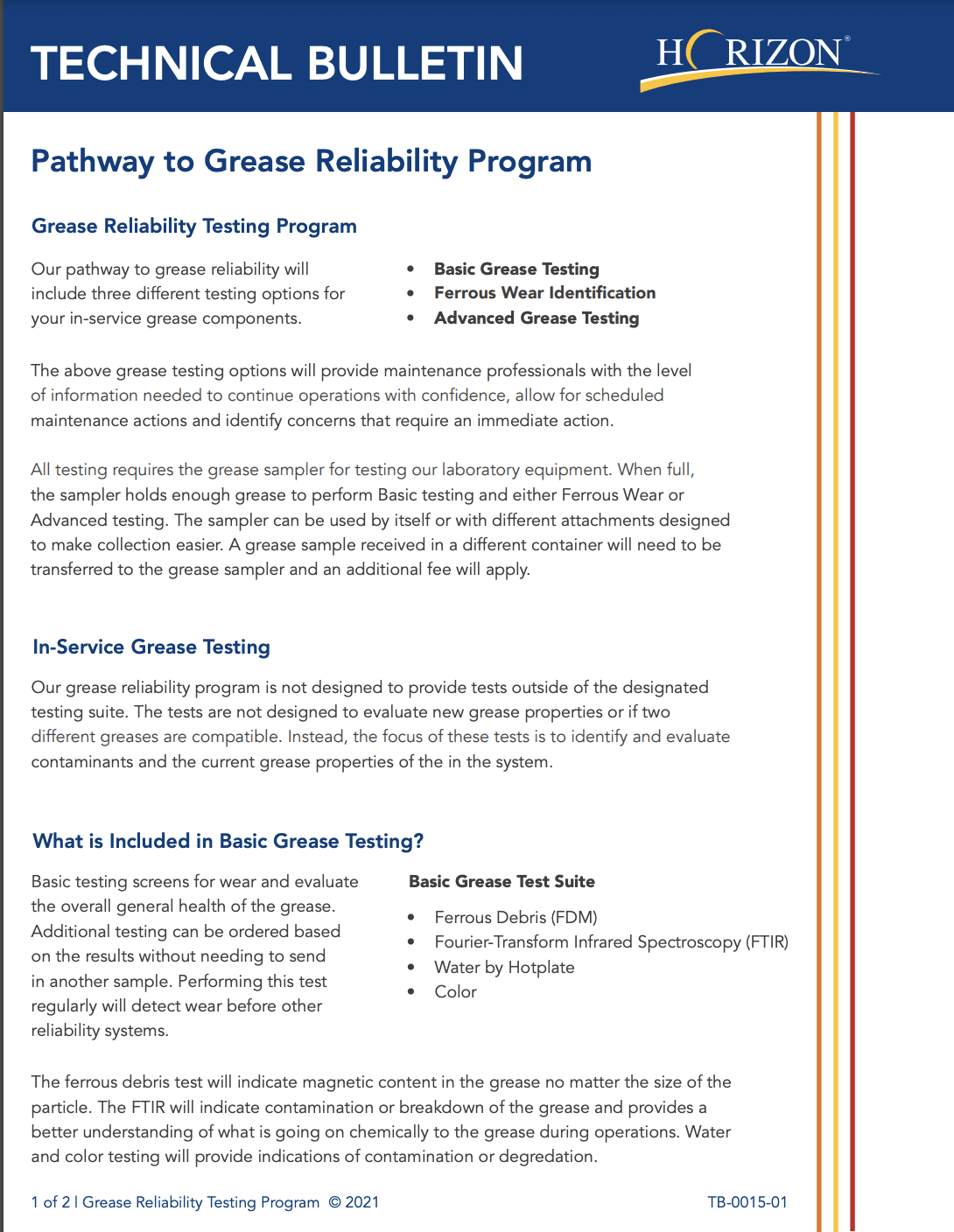How to Avoid On-Hold Samples
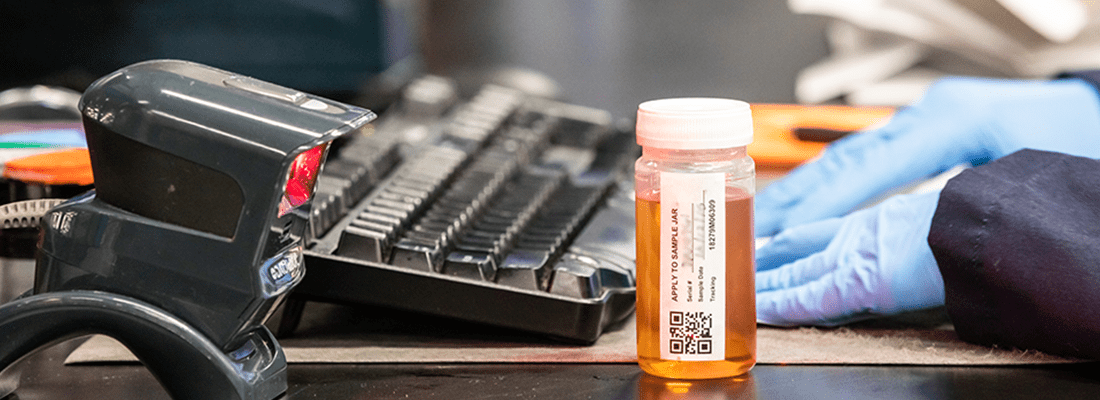
Having your fluid sample placed on hold creates a hold-up for our laboratory processing your sample, laboratory performing testing and in turn, a delay in providing you with the important results you need to take action. As your fluid analysis provider, we want to make sure we provide the most accurate results as possible by testing the right fluids for the right components for the right equipment and that the information is recorded in the right account.
Based on our internal research of on-hold samples, 1.72% of all fluid samples sent to our laboratories are placed on hold – this equates to more than 25,000 samples per year.
Reasons for On-Hold
Based on our research, 85% of fluid samples that are placed on hold are indicated as having seven different reasons. Here are the top 7 reasons a sample is placed on hold before it can be processed, tested and analyzed:
- Locked Account | We are unable to add your equipment to your account in our sample data system. This could be because of a request from your account owner.
- No Information | There is little to no account information for us to be able to identify the sample. This means there is incomplete, incorrect or missing information submitted.
- Prepaid Barcode Required | Your account is set up for prepaid sample barcodes, we received your sample without one of these barcodes and are unable to process your sample
- Note: EZ Label barcodes are unique, single use only and can only be used one time. If you re-use a barcode, we can not process the sample.
- Unknown Account | There was no account information submitted with your sample.
- Missing Required Info | We are missing sample or component information that is required for your account.
- Incorrect Sample Form | Your fluid sample was received with a form that did not match the fluid type.
- Component Type | Your sample was submitted with no component type. To perform the correct fluid testing, we need the type of component your sample came from.
What if your sample is placed on hold?
We’ve put together an infographic outlining what you can do to resolve your on-hold sample so it can be placed in the laboratory queue for testing – and so you can get your results when you need them.
In addition, on your HORIZON® Dashboard, you can click on the blue link by ‘samples on hold’ to submit a resolution to address the on-hold issue. We will review your resolution and contact you if we need additional information.
So, what can your team do to avoid your samples being placed on hold?
- Ensure your account information in HORIZON® is correct with the owner of your account
- Pay the correct amount of postage due (if you’re using a non pre-paid test kit)
- Make sure both the account and component information is correct when submitting your sample
- Submit all the required sample information
- Only use sample label barcodes one time
- Avoid paperwork errors – submit your samples through online sample submission in HORIZON

Proven Impact. Proven Uptime. Proven Savings.
Let us prove it to you.

